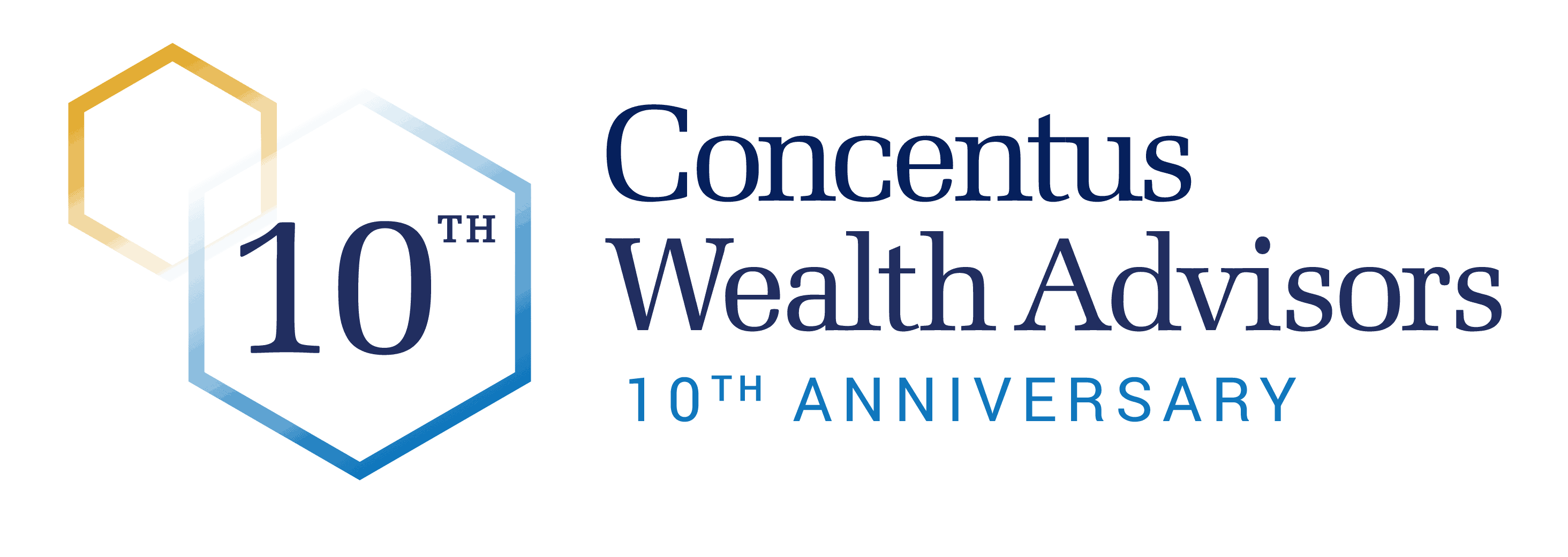While trusts play an integral part in transferring assets to future generations, there may be a potential problem with confidentiality that you could uncover for clients up front. Consider the case of the father who created a $22 million irrevocable trust for the benefit of his 17 year-old twin daughters. The grantor happened to reside in Oregon which is a state that has adopted the Uniform Trust Code (UTC).
The Uniform Trust Code is a comprehensive set of laws governing the creation and administration of trusts that has been adopted by over 30 states. Each state may adopt it as written or with modifications. The UTC requires that the trustee of an irrevocable trust notifies qualified beneficiaries of the existence of the trust, furnish them with a copy of the trust document and provide a statement –at least annually –of the trust assets and transactions. Even if the grantor has language in the trust document detailing when the beneficiaries should receive notice and accountings of the trust, that desire is overridden by the UTC.
Back to the Oregon grantor. The trustee of the trust sent statements to the grantor, as the custodial parent, on behalf of the minor beneficiaries, so the daughters were not aware of the existence of the trust. However, the trustee notified the grantor that, upon the girls attaining the age of majority, the trustee was required by law to notify them and to send them at least annual statements.
There are many possible reasons why a grantor would not wish beneficiaries to be aware of a trust for their benefit. It may be that in the grantor’s eyes, the beneficiary is financially, psychologically, or emotionally immature. Knowledge of the trust may negatively affect fiscal or social responsibility. It could attract unsavory friends, put the beneficiary at risk for identity theft, or even promote frivolous lawsuits against the beneficiary. The solution to the problem is to place the trust in a jurisdiction that permits silent or quiet trusts.
One such jurisdiction is South Dakota, a non-UTC state. South Dakota has one of the most progressive quiet trust statutes, which allows the grantor, or a trust protector, either by the terms of the governing document, or a writing delivered to the trustee, to expand, restrict, eliminate, or otherwise modify the rights of beneficiaries to information relating to the trust (SDCL 55-2-13).
In our grantor’s case, naming a South Dakota trustee such as National Advisors Trust of South Dakota automatically brought the trust under the administrative provisions of South Dakota law.
Because of the benefits of the statute, it was not even necessary to modify the language of the trust to include restrictions on beneficiary notification (which may have presented another problem depending upon the terms of the document). The grantor simply had to notify the South Dakota trustee, in writing, that the daughters not receive any information about the existence or value of the trust as long as he was alive.
Silent or quiet trust statutes vary among the states. South Dakota, Delaware, New Hampshire, Ohio, Alaska, Tennessee and Wyoming all have some of the more progressive laws. Some UTC states have modified the notice requirements to allow for quiet trusts or have provided for a delayed notice requirement until beneficiaries attain age 25.
If you have clients in the process of drafting trusts as part of their estate plan, help them be mindful of the potential problems, depending on the jurisdiction in which the client resides, of situs-specific notice requirement to beneficiaries, and plan accordingly. Even though the UTC generally applies only to irrevocable trusts, clients who are creating revocable trusts should be aware that the trust will become irrevocable, usually upon their death, and the successor trustee may have a duty to notify. Silence may definitely be golden.

